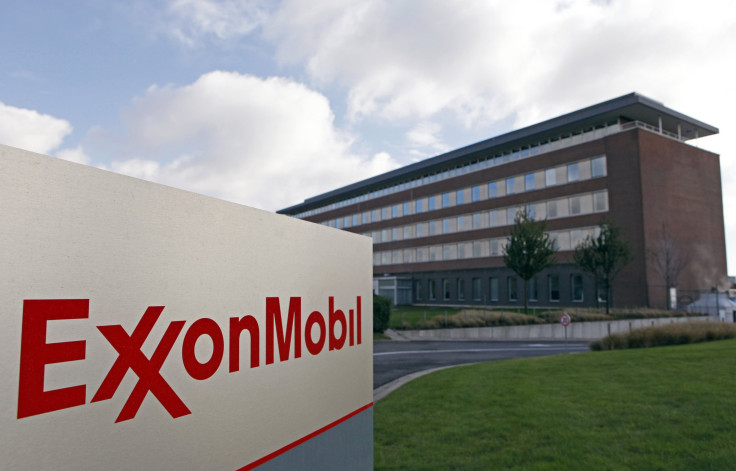Trouble For Big Oil? Exxon Mobil Heads To Court Over Alleged Deception On Climate Change Costs

Oil giant Exxon Mobil Corp. will head to trial Tuesday in Manhattan on allegations that it deceived investors by misrepresenting the costs it would incur from future climate-change regulation. Exxon's internal climate-risk figures differed from what the company had told the public.
Then-New York Attorney General Barbara Underwood said in a complaint in October 2018 that "Exxon in effect erected a Potemkin village to create the illusion that it had fully considered the risks of future climate change regulation."
The complaint also alleged that Rex Tillerson, the company's CEO from 2006 to 2016, "knew for years that the company's representations concerning proxy costs were misleading." The attorney general's office has said the damage to shareholders could be between $476 million and $1.6 billion.
Tillerson, who served as secretary of state from February 2017 to April 2018, had also allegedly used a second email address under the name "Wayne Tracker" to discuss internal matters such as climate costs.
Exxon Mobil and Tillerson have denied any wrongdoing and claimed that the case is politically motivated, as the attorneys general involved are Democrats.
Activists on Twitter have used the hashtag #exxonknew to criticize the company on its climate change efforts. Exxon Mobil claims on its website that "#exxonknew is an orchestrated campaign that seeks to delegitimize Exxon Mobil by misrepresenting our position on climate change and related research to the public."
In 2015, then-New York Attorney General Eric Schneiderman probed Exxon Mobil on whether the company misled the public on climate change, and demanded extensive financial statements, emails and other documents. Schneiderman used the 1921 Martin Act, a New York anti-fraud law, to justify the investigation.
Exxon Mobil is one of the largest oil and gas companies in the world. It has a market capitalization of roughly $290 billion.
© Copyright IBTimes 2024. All rights reserved.





















